A Better Alternative
Posted May 7, 2010
SOWETO, South Africa – “Without God you won’t survive [in Soweto],” says resident Philane Mjijwa. “There [are] evil spirits around the place.”
The township of Soweto is synonymous with poverty and crime. Miserable circumstances push people toward drugs, corruption, prostitution and major crime.
“It’s like survival of the fittest, because when it comes to crime – it’s the worst. Someone will kill someone and be arrested for three days and come out [of jail],” said Mjijwa.
 Soweto is part of Johannesburg, South Africa’s largest city, and dates back to the days of apartheid. During South Africa’s apartheid era, a period of racial segregation, black people were evicted from areas designated as “white only” and forced to move into townships. These townships were little more than slums meant to exist only as dormitory towns for black Africans who worked in white houses, factories and industries.
Soweto is part of Johannesburg, South Africa’s largest city, and dates back to the days of apartheid. During South Africa’s apartheid era, a period of racial segregation, black people were evicted from areas designated as “white only” and forced to move into townships. These townships were little more than slums meant to exist only as dormitory towns for black Africans who worked in white houses, factories and industries.
Soweto, now the most populous black urban residential area in South Africa, was originally an acronym for “South Western Townships.” The area was home to former President Nelson Mandela and former Archbishop Desmond Tutu – two U.S. Presidential Medal of Freedom recipients and Nobel Peace Prize laureates. Soweto is also home to three of South Africa’s most famous professional soccer clubs, Kaizer Chiefs, Orlando Pirates and Morocca Swallows.
With a population of 2 to 4 million people, Soweto is a melting pot of South African cultures and languages. It is an area of contrasts – from the newly paved roads to the mud-trodden potholed paths. This predominantly poor area, where neighborhoods range from sturdy brick houses to corrugated metal shacks, is overcrowded and bears a high unemployment rate.
But despite the hardships, Soweto is about community. Streets are filled with people walking, visiting neighbors and greeting one another in passing.
International Mission Board missionary Alan Locke, originally from Kansas, admits that crime is a factor in Soweto, but he is emphatic that the people of Soweto are friendly. “It’s easy to talk to them,” said Locke. “If you visit with someone at their gate, it’s not uncommon to be invited into their house to share with them and to pray with them.”
Locke and his team have started various ministries to build relationships and community with Sowetans. From coaching boys’ soccer teams and teaching girls’ clubs to leading abstinence and Christian living trainings, the missionaries are making an impact with the Gospel. The team also plans to do Bible clubs for kids, street evangelism and sports evangelism during the 2010 FIFA World Cup™.
 Locke and his team also started a Baptist church in an area called Snake Park about a year and a half ago. This small gathering of Sunday worshippers has been meeting inside a modest, two-room shack when it’s cold and rainy or outside under a tree when the weather cooperates. The joyful sound of these believers praising God carries throughout the neighborhood.
Locke and his team also started a Baptist church in an area called Snake Park about a year and a half ago. This small gathering of Sunday worshippers has been meeting inside a modest, two-room shack when it’s cold and rainy or outside under a tree when the weather cooperates. The joyful sound of these believers praising God carries throughout the neighborhood.
“Almost everyone is interested in God in some way,” said Locke of Soweto’s residents, “but most of the churches they go to do not preach the Gospel. They mix [their] traditional beliefs with Christianity.”
Most Sowetans believe their dead ancestors can intercede to God on their behalf. But it is the responsibility of each individual and family to worship their ancestors, offer animal sacrifices to them and consult the sangomas – traditional healers or witchdoctors – about the correct rituals to perform in order to please the ancestors.
The ritualistic items – herbs, medicines, animal skulls, skeletons and skins – can be bought in a local market where the stench of blood, rotting animals and various herbs permeate the air.
“[Sowetans] live in fear of the ancestors,” said Locke. They fear what will happen to them if they don’t perform the right rituals or act according to the wishes of their dead relatives.
Though 79 percent of South Africans claim to be Christians, most are syncretic in their beliefs.
“Syncretism is probably the biggest barrier to the Gospel that we have here – the mixing of traditional beliefs and culture with the Bible,” said Locke. Sowetans may go to church and claim to believe in Jesus, but they will not readily give up ancestor worship.
Locke is asking Christians to “pray for a miracle … that [the people of Soweto] will be convicted of their sin, come to Christ and stop mixing the ancestors with the Bible.”

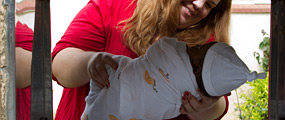


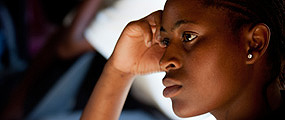
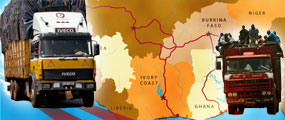
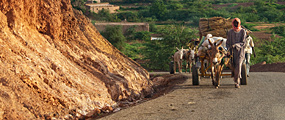
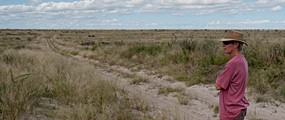

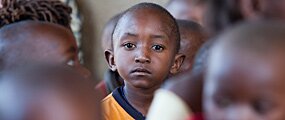
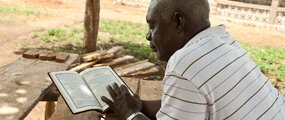

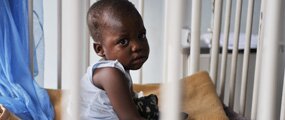
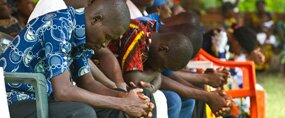
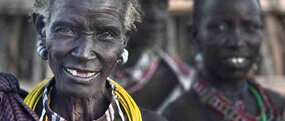
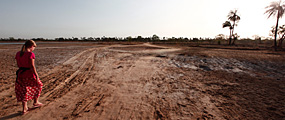
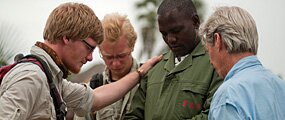
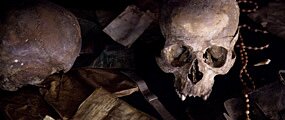
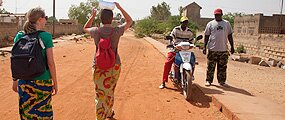
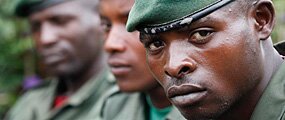
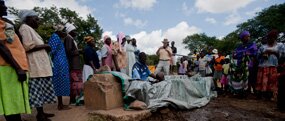
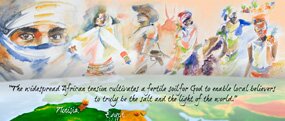

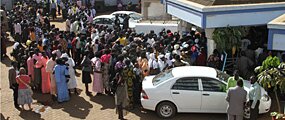
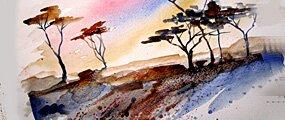


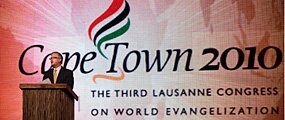
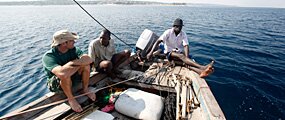
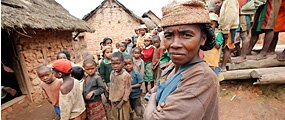

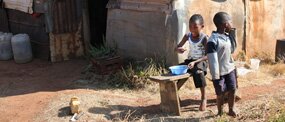
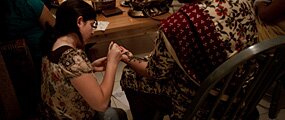
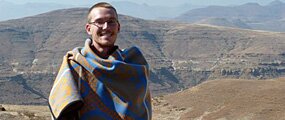



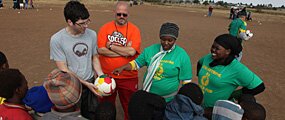

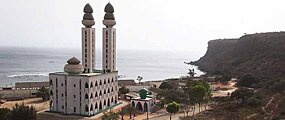
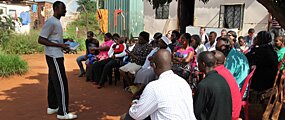
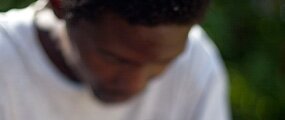
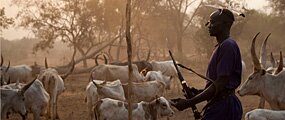

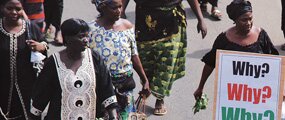
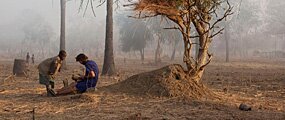
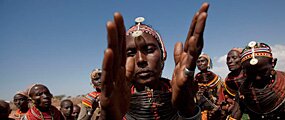
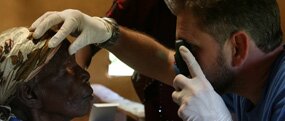
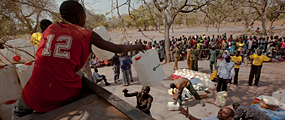
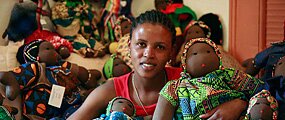
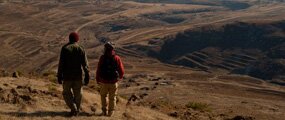
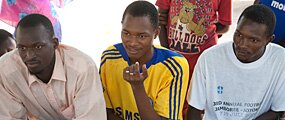
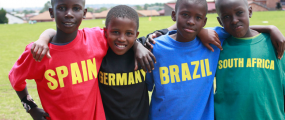
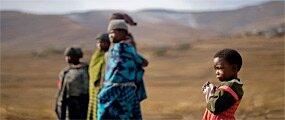
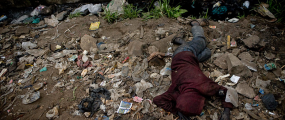
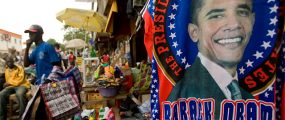
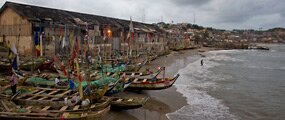

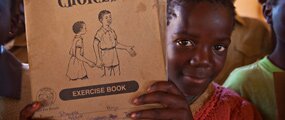








God Bless you!